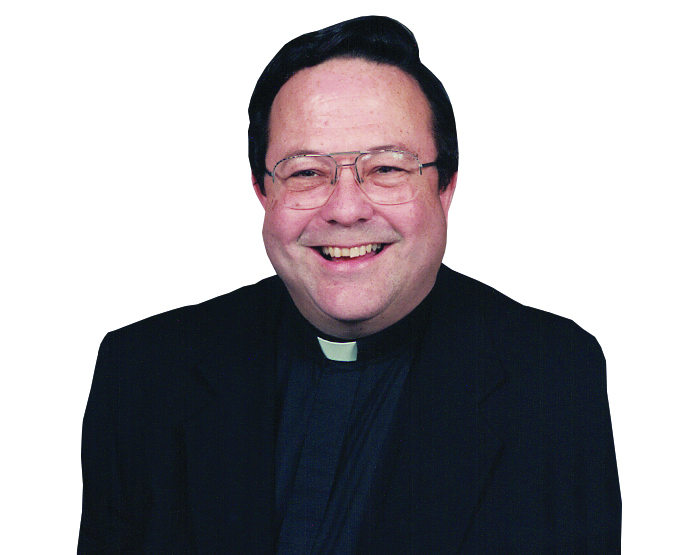 It was the worst of times, the best of times.
It was the worst of times, the best of times.
The Roman occupiers had crushed repeated attempts to drive them out of Palestine. They finally ransacked Jerusalem, destroyed the Temple, and laid waste the Judean countryside in the 70’s A.D.
Jews fought bitterly among themselves, too. A number who accepted Jesus as the Messiah, blamed those who rejected him for the devastation and social upheaval all around. In turn, the anti-Christian faction began formal expulsion of Jewish Christians from synagogue worship. By the end of the first century, the Jesus movement had split permanently from Judaism.
Matthew’s own Jewish-Gentile community rocked with dissension inside and out. But his Gospel, literally good news, preached the abiding victory of the crucified Messiah for believers to draw from despite the most serious division or formidable opposition.
The evangelist notes throughout his passion account: Jesus is fully in charge during his whole self-abasement. Nothing happens without his foreknowledge and consent. It all moves in sync toward his brutal death, heinous but the fulfillment paradoxically of Jewish covenantal law and the prophets.
He predicts the horror of crucifixion. He directs where to go and whom to contact for preparing the Passover supper. Instead of family and guests at the Seder, he reclines at table only with the Twelve (26:20). While they were eating, he shocks them with the prediction that one of them in his closest circle will betray him.
Matthew uses Mark’s earlier material (14:21): “better if that man had never been born.” Later, he alone of the four evangelists elaborates on Judas’ suicidal despair.
He alone adds that the consecrated wine, Jesus’ blood will be shed “for the forgiveness of sins.” The Nazarene is the promised Suffering Servant (Is 53:12). He freely lays down his life for both his disciples and the many in order to rescue all (the Semitic many) from the alienation of sin. The evangelist probably has his community’s need also in mind.
Matthew names Caiphas, high priest among the malevolent authorities, who convicts Jesus of blasphemy, a capital crime (Lev 24:16). The Roman governor instead fears rumors that he is a political king, an automatic threat to imperial rule and the governor’s career, if not suppressed.
The final written Gospel mentions a note from his wife which frightens him all the more. Divine guidance had come to Joseph (1:20), then the Magi (2:12) in earlier dreams. Now Pilate is impacted in his palace. His wife had a bad dream and warns her husband to have nothing to do with this righteous man. She, a pagan Gentile, identifies Jesus, the Righteous One.
Pilate washes his hands of the whole mess. Archeology has determined that the space in front of his praetorium could hold a small crowd. The priests, elders and people they rounded up cry brazenly for the blood of Jesus upon them and their children. They represent only themselves in their crass bravado. In no way could such a random, spontaneous gathering indict the entire Jewish nation for generations to come!
Jesus submits to the usual scourging which would weaken a criminal’s endurance of asphyxiation on a cross. He allows soldiers to beat him savagely, spit upon him and taunt him as a pretender king. Matthew tells of the reed placed in his hand mockingly as a fake scepter.
The carpenter’s son (13:55) accepts hellish suffering, even the worst sense of abandonment by God. He empties himself with inner darkness more terrifying than what gripped the surrounding area. His super-human perseverance conquers evil minus any retaliating curse. His lasting victory is under way.
Daniel 12 and Ezekiel 37 are fulfilled. Events of the end-time explode. The earth quakes, rocks split, tombs are opened, the dead appear bodily in Jerusalem where the sanctuary veil is torn in two. Awestruck, the Gentile centurion and his men acclaim Jesus, Son of God. Women friends look on. The apostles are nowhere in sight.
Matthew details the heightened caution the Sanhedrin takes to secure the corpse of Jesus buried in a known grave. There would be no robbery to claim he had triumphed over death after all. He was a failed has been whom history would soon forget.
(Fr. Yockey is a senior priest of the Milwaukee Archdiocese.)
